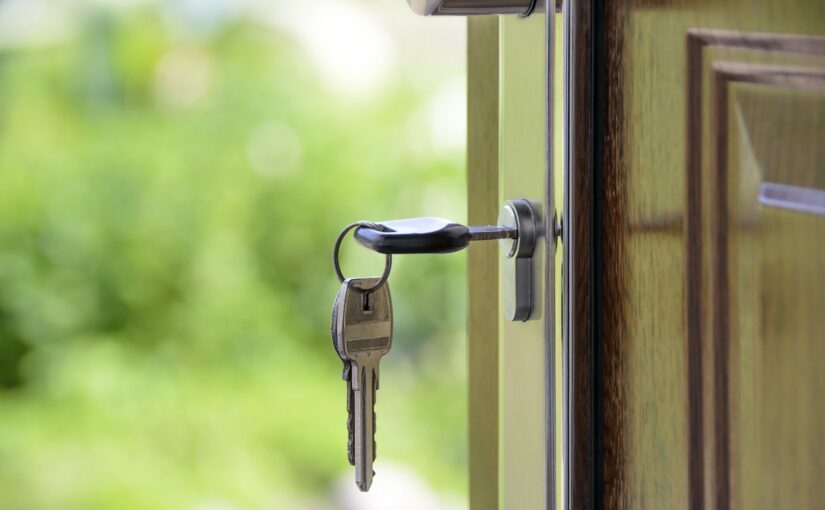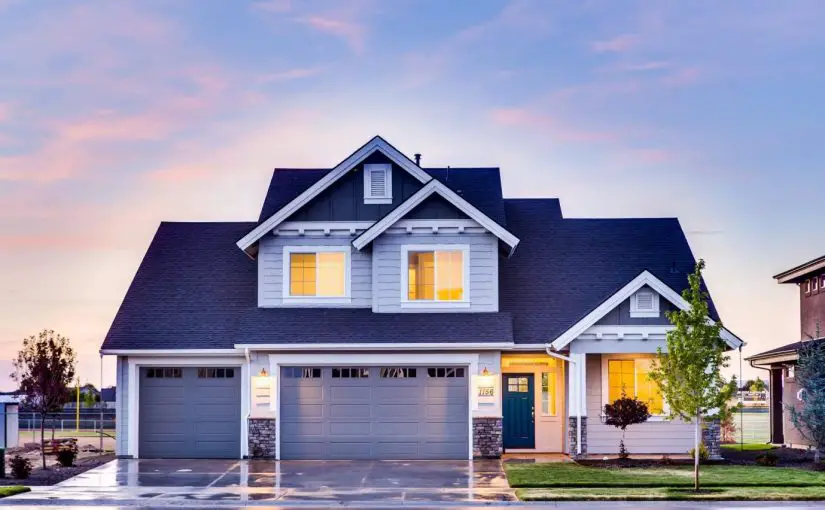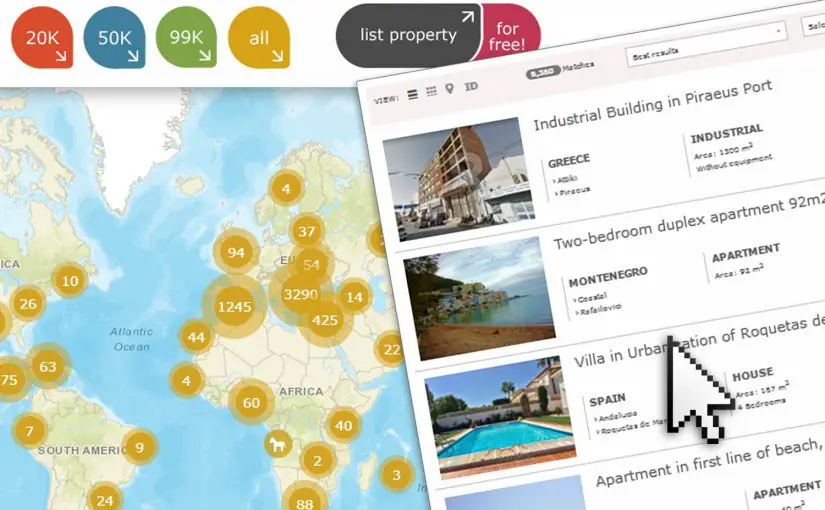The letting industry is booming. The average rent across the UK rose by 2.5% in September 2019 when compared to the same month a year previously. If you’re comparing letting agent fees, landlords are also seeing favourable prices due to the influx of online letting agent offerings.
Increasing average rent and lower letting agent fees
are however being offset with tax break cuts & tenant fee bans. So, while
there are ever changing variables being faced by landlords, renters are pushing
forward unfazed.
It’s clear that in the long term, buying
your own property/investing in a buy to let will put you in a better position
financially. Aside from those that can’t afford the infamous property deposit,
there are those that actually choose to rent.
In this article we look at some of the
people that choose to be renters, as opposed to renting due to limited
financial options.
The Bachelor
Picture the young, career driven and smart
individual (male or female!), enjoying life and exploring where they want to
end up in the future.
Rather than buying a long-term property, say a 3 bedroom in the outskirts of London, they may decide they want to rent a modern apartment close to the city.
Now these types of property can be valued
in the £1,000,000’s! While the bachelor may not have the financial backing at
this stage, their lifestyle may not yet suit a property that’s further out away
from the city nightlife.
Schools
Parents consider nearby schools as a high
priority when deciding where to live.
The best schools are in the most prominent
areas, where the houses come at a premium. In addition, parents already located
in the region are unlikely to move, lowering supply of houses in that
particular area and therefore adding to the price premium.
Parents are willing to pay premium rents in
these areas. The extra rental cost can be judged as offsetting costs that would
have occurred in putting their child(ren) into a costly private school.
The Renting
Landlord
Commonly, a landlord has a property that
for various reasons, they don’t want to live in. It could be too close to
parents, too far from work or not big enough.
When not wanting to sell, an option is to
let out the property, while renting in a property more suitable to themselves.
This allows them to live in a suitable
property, while still reaping the rewards of rental income.
Vitally, if you’re one of these individuals
looking for a letting agent for your property, you can use Rentround when comparing letting agent fees
& performance to get yourself the best deal.
The Divorcee
Sadly, divorce is a part of life.
During or straight after a divorce, the
former husband or wife will have a period of instability in their lives. They
may be using the opportunity to think about moving to the city or looking to
stay near what used to be their family home to stay in close proximity to their
children.
During this period, a rental property would
be suitable vs. committing to buying a property.
The Contractor
Rather than being a permanent employee with
a regular job, the contractor is set up under a private limited company. The
person may move from company to company when their contract expires. The
benefit of this type of working is high day rates and pre IR35, lower tax vs. a
permanent employee.
As a new contract is taken on, the location
may vary drastically compared to the contractor’s previous location.
Therefore, renting makes sense in this
situation, in comparison to constantly buying & selling or living in
hotels.
“I’ll get
married soon”
Some people are in long term relationships
or single and have their fingers crossed of finding someone soon with the aim
to get married. With this mindset and possibility, buying a property as a
married couple makes sense.
A couple is likely to have a larger deposit
and making it a joint decision on which property to buy, makes the moving in
transition easier.
The Speculator
These savvy individuals may be predicting a
future down turn in the market. So instead of buying while the price is high,
they decide to pay rent up until a potential crash hits prices. The individual
can then buy a property at a better price, increasing their profit
substantially.
In addition, after a crash it’s common to
see interest rates cut and tax subsidies from the government, to re-stimulate
the economy as per the 2008 crash fallout. This adds to the benefit of buying
after a crash.
However, predicting a crash isn’t easy. If
you get it wrong, you could see yourself on the wrong side of property price
increases.
All in all, there are many reasons why people prefer to rent as opposed to buying a property. Financially, yes the favour is usually in buying a property. However, for personal, family & work-related reasons, renting provides the flexibility that is often required in people lifestyles.
About the author: Raj Dosanjh is the founder of letting agent comparison site Rentround. Wearing many hats, Raj also runs a consultancy in the banking industry and his own martial arts club.









